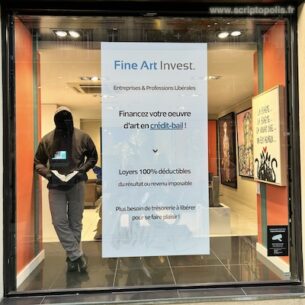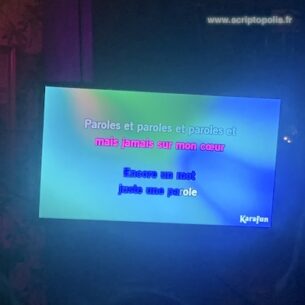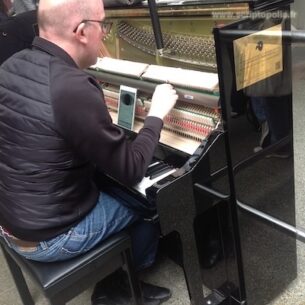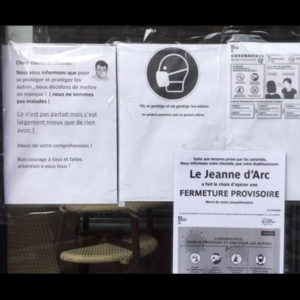We are not sick
Paris, April 2020.
It’s the poster superimposition that strikes me first, telling me a story in two parts. The first series, slipped into plastic sleeves, is taped inside the tobacco bar window. Well protected, was the poster supposed to last, to resist, at least for a while, to the hazards? The last poster, a sheet of paper taped to the window, but on the outside, seals the decision: the tobacco bar has finally “made the choice to operate a PROVISIONAL CLOSURE”.
“We have decided…”, the tobacco bar “has made the choice”, the very deliberate tone is by no means trivial. It is obvious that they had to take action, in these two steps, that this is a story filled with tensions. To what remarks from mocking, curious, inquisitive, interested, even frightened customers do these lines respond? At the time of the posting (around March 18) the government recommended that “health personnel” wear masks (according to a poster Coronavirus: which behavior to adopt? found on the website gouvernement.fr). But in a bar-tobacco shop?
The poster explains: wearing a mask is “to protect ourselves and others”; a statement reinforced by the next poster: at the center a black head fitted with the mask, followed by the same explanation.
The poster justifies: “it’s not perfect but it’s much better than having nothing!”
The poster defends, fights suspicion, and even if it is written in brackets, it is in bold type: “we are not sick”.
After two or three days, the tobacco bar closed. Second part of the story. Tobacco shops, the government said, are among the businesses “indispensable to the life of the Nation”. In Paris, more than half do not raise their curtains, one reads in the JDD, “listening to [the] president [of the National Confederation of tobacconists], Philippe Coy, one understands that the first to give in were the professionals of Asian origin, victims, as well as the restaurant owners, of a stupid amalgamation because of the health alert coming initially from China”.
On the posters of the tobacco bar in my neighborhood, the friendly encouragement to the clientele doesn’t mask the agonistic tone, a double fight against a virus and a suspicion.







